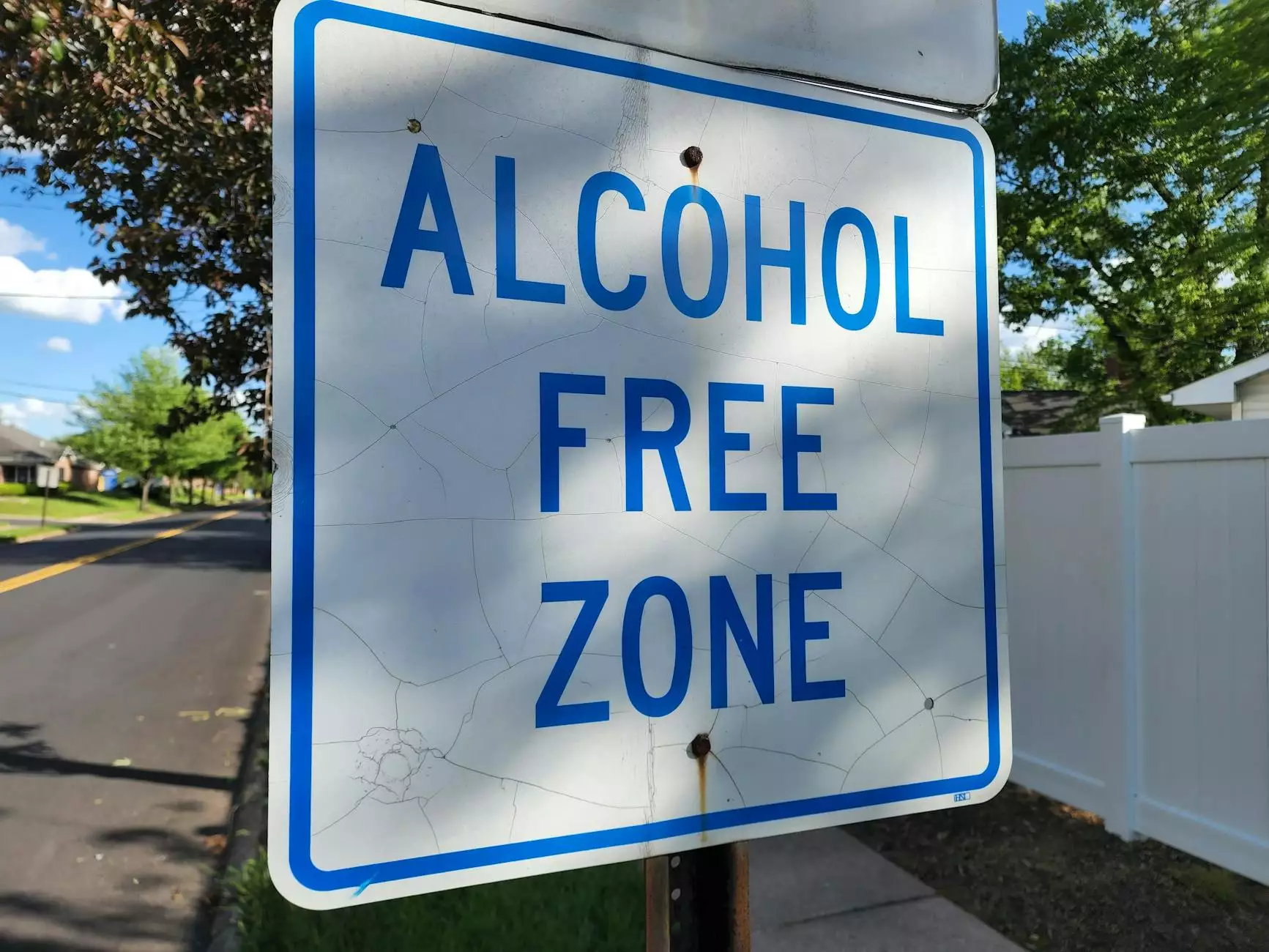Joint Check Agreements and Unjust Enrichment
Virginia Lawyer
Understanding Joint Check Agreements
A joint check agreement refers to a legal arrangement where two or more parties involved in a construction project issue a single check jointly payable to a subcontractor and a general contractor. This type of agreement is commonly used in the construction industry to protect the interests of all parties involved in the project.
How Joint Check Agreements Work
When a construction project involves multiple parties, such as a general contractor, subcontractors, suppliers, and material providers, managing payments can become complex. Joint check agreements streamline the payment process by ensuring that both the subcontractor and general contractor endorse the check before it can be cashed or deposited.
By issuing joint checks, all parties have a clear understanding of the payment flow, ensuring that subcontractors are paid for their work and materials provided. This arrangement also helps prevent disputes and potential legal issues that may arise in case of non-payment or disagreements.
The Benefits of Joint Check Agreements
Joint check agreements offer several benefits to the parties involved:
1. Payment Assurance
Subcontractors gain assurance that they will receive timely payments for their services and materials. By having the general contractor co-sign the check, the risk of non-payment is significantly minimized.
2. Transparency and Accountability
Joint check agreements promote transparency and accountability in the payment process. It allows all parties to have visibility into the payment flow and ensures that funds are distributed fairly and as agreed upon.
3. Dispute Prevention
By clearly outlining the payment terms and having a joint check agreement in place, potential disputes between subcontractors and general contractors can be significantly reduced. This helps maintain healthy working relationships throughout the project.
Unjust Enrichment and its Legal Implications
Unjust enrichment refers to a legal concept where one party benefits unjustly or unfairly at the expense of another. In the context of construction projects and joint check agreements, unjust enrichment can occur when a party receives an undue advantage or enrichment without proper compensation or fulfillment of contractual obligations.
Protections Against Unjust Enrichment
When dealing with joint check agreements, it is crucial to ensure that the parties involved are protected against unfair enrichment. This can be achieved through:
1. Clear Contractual Agreements
It is vital to have well-drafted contracts and joint check agreements that clearly outline the responsibilities, payment terms, and obligations of all parties involved. This helps prevent potential unjust enrichment scenarios.
2. Proper Documentation
Maintaining detailed documentation of all transactions, invoices, and payments is essential. This documentation serves as evidence in case disputes arise concerning unjust enrichment.
3. Professional Legal Guidance
Seeking guidance from experienced construction law professionals, such as Richardson Law Firm PC, can help safeguard your interests and ensure that you are protected against unjust enrichment.
Conclusion
Joint check agreements are valuable tools in the construction industry, ensuring fair payments and promoting healthy relationships between subcontractors and general contractors. However, it is essential to understand the legal implications and protections against unjust enrichment to safeguard your interests. Richardson Law Firm PC can provide the expertise and guidance needed to navigate joint check agreements effectively.










